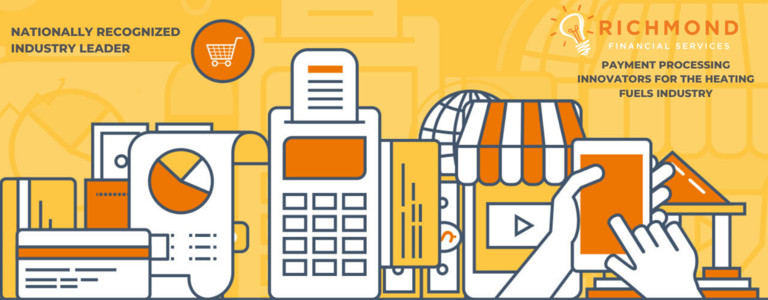 Is your company still using paper checks? If you are, you’re not alone. According to a recent PYMNTS article, $8 trillion in volume is done by checks sent by post. As President and COO of Ingo Payments, Rusty Pickering, says, “Even with all its flaws, [checks are] the only universal payment instrument – universally available to send and receive. [You] don’t need anything more to pay by check than [a] name, a physical address, and the amount of the payment.” The ease of sending a physical check is part of the lasting appeal of using them for many businesses. Still, many companies don’t realize that the average check costs between $3-8 dollars to produce and send, which can add up over time.
Is your company still using paper checks? If you are, you’re not alone. According to a recent PYMNTS article, $8 trillion in volume is done by checks sent by post. As President and COO of Ingo Payments, Rusty Pickering, says, “Even with all its flaws, [checks are] the only universal payment instrument – universally available to send and receive. [You] don’t need anything more to pay by check than [a] name, a physical address, and the amount of the payment.” The ease of sending a physical check is part of the lasting appeal of using them for many businesses. Still, many companies don’t realize that the average check costs between $3-8 dollars to produce and send, which can add up over time.
As a treasury strategist, when I begin working with companies to improve their payment processing strategies and automate their services, paper checks always come up. Many businesses believe they must continue using paper checks because they are more secure than digital payment methods. After all, checks can’t be hacked or used as part of a phishing scam. But this mentality is wrong. Check fraud is a $24 billion business, up 90% from 2023, according to PYMNTS. It’s happening everywhere, and your business may be at risk if you still use paper checks.
Common types of check fraud
- Counterfeit Checks: Fake checks created by obtaining account details and printing counterfeit copies.
- Altered Checks: Fraudsters alter check details, such as the payee names or amounts, to redirect the intended payment to them.
- Mobile Deposit Fraud occurs when fraudsters deposit a check remotely using a mobile device and then cash the physical check elsewhere. This action leads to duplicate transactions and a costly, complex claims process.
- ACH Debit Fraud: Fraudsters take the routing and account numbers from checks and initiate unauthorized ACH debit transfers to their accounts.
- Switch to automated payment tools for enhanced security
One of the easiest ways to reduce the likelihood of check fraud at your business is by upgrading your payment methods to automated processing tools. Some of the benefits of automated payment tools include:
- Enhanced security: Digital payment tools have significant security features, like two-factor authentication, payment tracking and more to keep your money safe.
- Fraud prevention features: Automated tools often integrate with fraud prevention tools that can warn you of potential fraudulent transactions.
- Streamlined operations: Automated payment systems minimize manual work, reduce processing time, and offer a transparent, trackable payment process, which is crucial for auditing and compliance.
Protect your business from check fraud
Protecting your business from fraud, especially check fraud, calls for a proactive and modern approach. As an independent treasury strategist, I can work with you to design a payment processing strategy that incorporates the latest security tools and fraud prevention techniques. Fraud tactics are becoming more sophisticated, so staying one step ahead is crucial. We can recommend a robust fraud prevention plan that safeguards your company’s finances. Contact me today for a consultation!








